- multiplayer
- Rock Paper Scissors
Advertisement
Advertisement
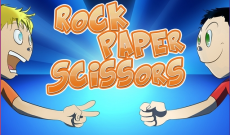
Rock Paper Scissors
Rock paper scissors known by various names and played in countless iterations across cultures, is a timeless hand game that transcends borders and generations.
GAME INFO
Categories & Tags:
Rock paper scissors known by various names and played in countless iterations across cultures, is a timeless hand game that transcends borders and generations. While it may seem like a simple game of chance, this classic pastime has made a significant impact on the world of online gaming. In this article, we will delve into the origins of rock, paper, scissors, its evolution in online gaming, and the psychology behind this seemingly straightforward game.
The roots of rock, paper, scissors can be traced back to ancient China, where it was known as "shoushiling." This early version of the game included different symbols like frog, slug, and snake. Eventually, these symbols evolved into the well-known "rock," "paper," and "scissors." The game made its way to Japan, where it adopted the name "Janken." It was in Japan that the modern and standardized version of the game was established.
Rock, paper, scissors is played with three fundamental shapes, each with its distinct symbolism. "Rock" is represented by a closed fist, signifying strength and resilience. "Paper" takes the form of an open, flat hand, symbolizing knowledge and flexibility. "Scissors" features a fist with the index and middle finger extended, forming a V shape, denoting precision and cutting ability. The simplicity of these shapes contributes to the game's widespread appeal and ease of play.
This classic hand game is essentially a simultaneous, zero-sum game with three possible outcomes: a draw, a win, or a loss. If a player chooses "rock," they win against an opponent who selects "scissors," because "rock crushes scissors." However, they lose to a player who opts for "paper," as "paper covers rock." Likewise, "paper" loses to "scissors," as "scissors cuts paper." When both players make the same choice, the game ends in a draw, prompting a rematch to resolve the tie.
In everyday life, rock, paper, scissors often serves as a fair and efficient method for making decisions between two people. It can be used to settle a dispute, decide who goes first in a game, or make unbiased group decisions. It provides a level playing field where neither participant has a built-in advantage. The element of unpredictability adds excitement to decision-making processes, making it a popular choice for resolving dilemmas.
While rock, paper, scissors appears to be a game of pure chance, it is not entirely devoid of strategy. Skilled players can exploit the non-random behavior of their opponents. Psychological aspects come into play, as individuals may develop patterns or tendencies in their choices. This creates an opportunity for players to anticipate their opponent's moves and adapt their strategy accordingly.
In the digital age, rock, paper, scissors has found its way into the realm of online gaming. Players from all corners of the world can now engage in this simple yet captivating game through various platforms and applications. Online versions of rock, paper, scissors often come with additional features, such as timed rounds, leaderboards, and even tournaments.
The popularity of rock, paper, scissors has led to the emergence of competitive RPS (Rock, Paper, Scissors) tournaments. These events attract participants who take the game seriously, utilizing strategies and mind games to outwit their opponents. Some players even specialize in the game and gain recognition as professional RPS competitors.
Instructions
Using Mouse
Advertisement

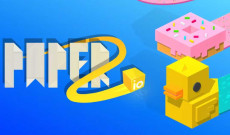
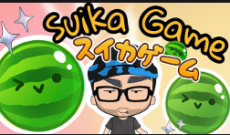

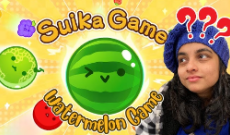
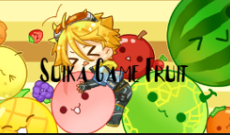

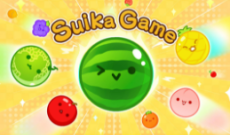
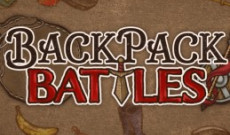
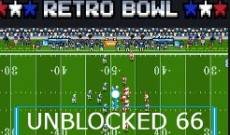


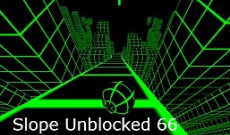






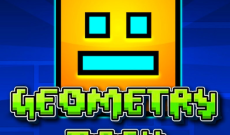



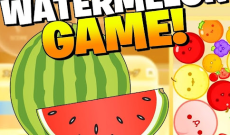

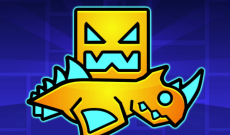
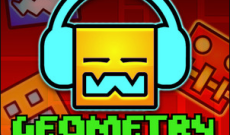
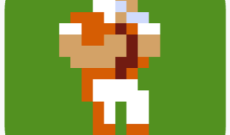
Discuss: Rock Paper Scissors